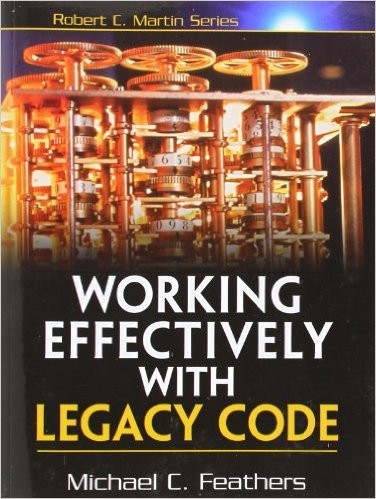Review of 'Working Effectively with Legacy Code' on 'Goodreads'
5 estrellas
Despite the years elapsed since it was written, and the high expectations... it didn't disappoint me at all :-)
I already knew some techniques thanks to Sandro Mancuso screencasts. I got lots of useful reminders, new learnings and reflections and some new techniques.
It's also nice to see techniques for different languages/paradigms. This book is a great complement to the Refactoring one, I can only highly recommend it! :-)
Despite the years elapsed since it was written, and the high expectations... it didn't disappoint me at all :-)
I already knew some techniques thanks to Sandro Mancuso screencasts. I got lots of useful reminders, new learnings and reflections and some new techniques.
It's also nice to see techniques for different languages/paradigms. This book is a great complement to the Refactoring one, I can only highly recommend it! :-)

